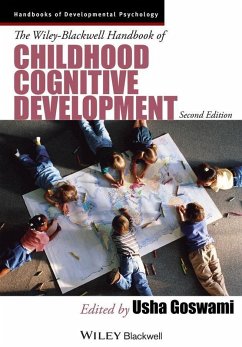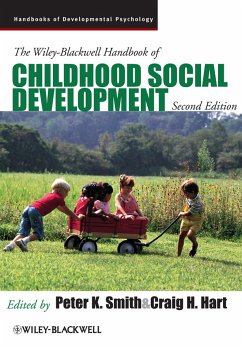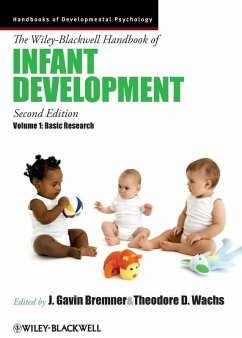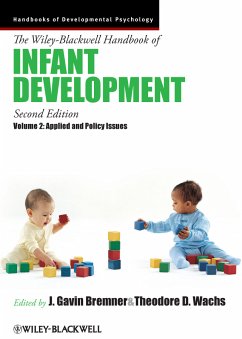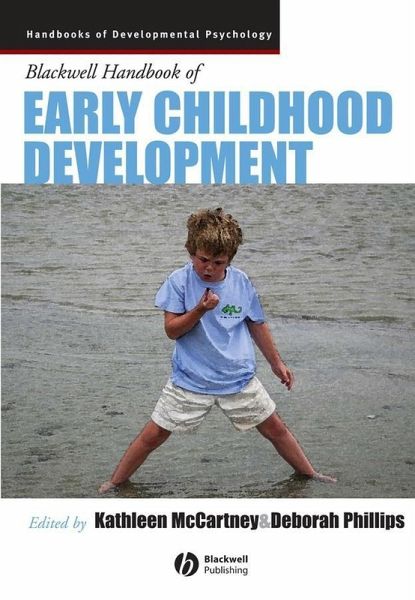
The Blackwell Handbook of Early Childhood Development (eBook, ePUB)
Versandkostenfrei!
Sofort per Download lieferbar
53,99 €
inkl. MwSt.
Weitere Ausgaben:

PAYBACK Punkte
0 °P sammeln!
The Blackwell Handbook of Early Childhood Development presents a comprehensive summary of research into child development from age two to seven. * * Comprises 30 contributions from both established scholars and emerging leaders in the field * The editors have a distinguished reputation in early childhood development * Covers biological development, cognitive development, language development, and social, emotional and regulatory development * Considers the applications of psychology to the care and education of young children, treating issues such as poverty, media, and the transition to schoo...
The Blackwell Handbook of Early Childhood Development presents a comprehensive summary of research into child development from age two to seven. * * Comprises 30 contributions from both established scholars and emerging leaders in the field * The editors have a distinguished reputation in early childhood development * Covers biological development, cognitive development, language development, and social, emotional and regulatory development * Considers the applications of psychology to the care and education of young children, treating issues such as poverty, media, and the transition to school * A valuable resource for students, scholars and practitioners dealing with young children
Dieser Download kann aus rechtlichen Gründen nur mit Rechnungsadresse in A, B, BG, CY, CZ, D, DK, EW, E, FIN, F, GR, HR, H, IRL, I, LT, L, LR, M, NL, PL, P, R, S, SLO, SK ausgeliefert werden.




